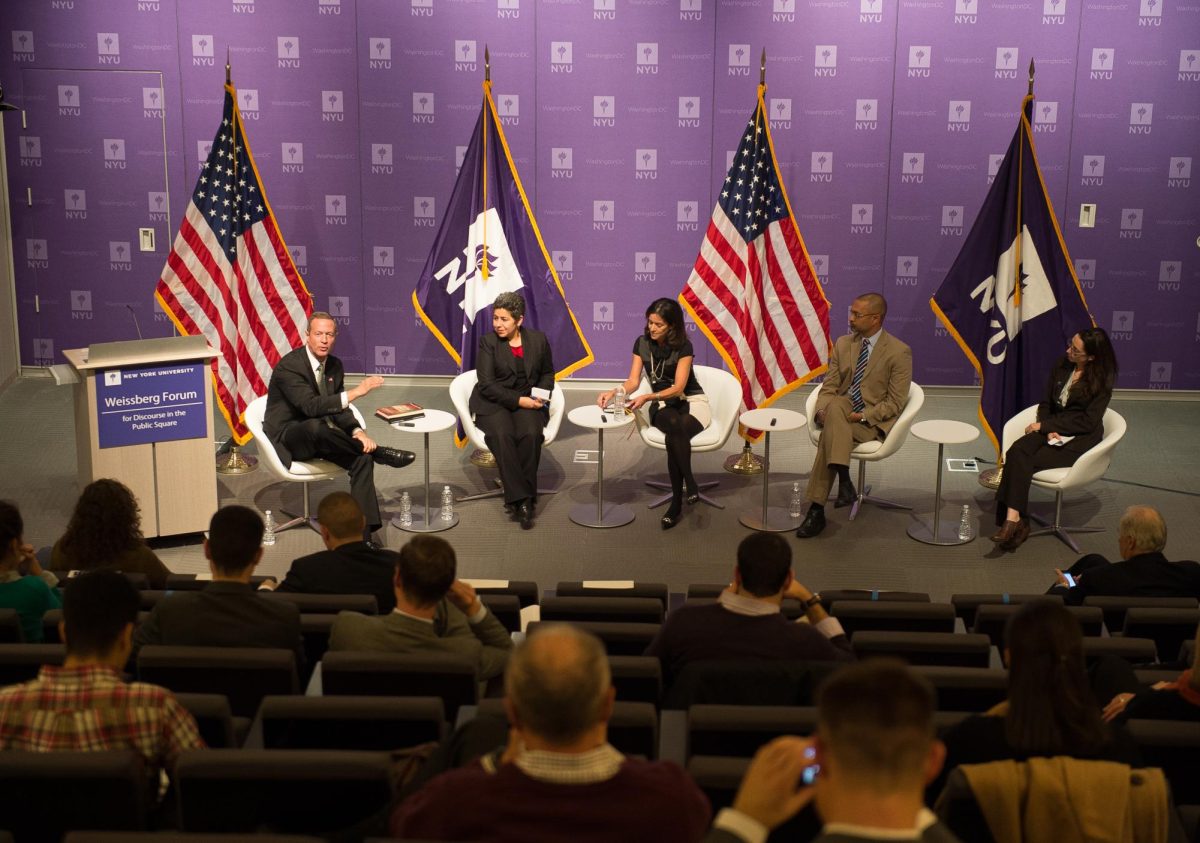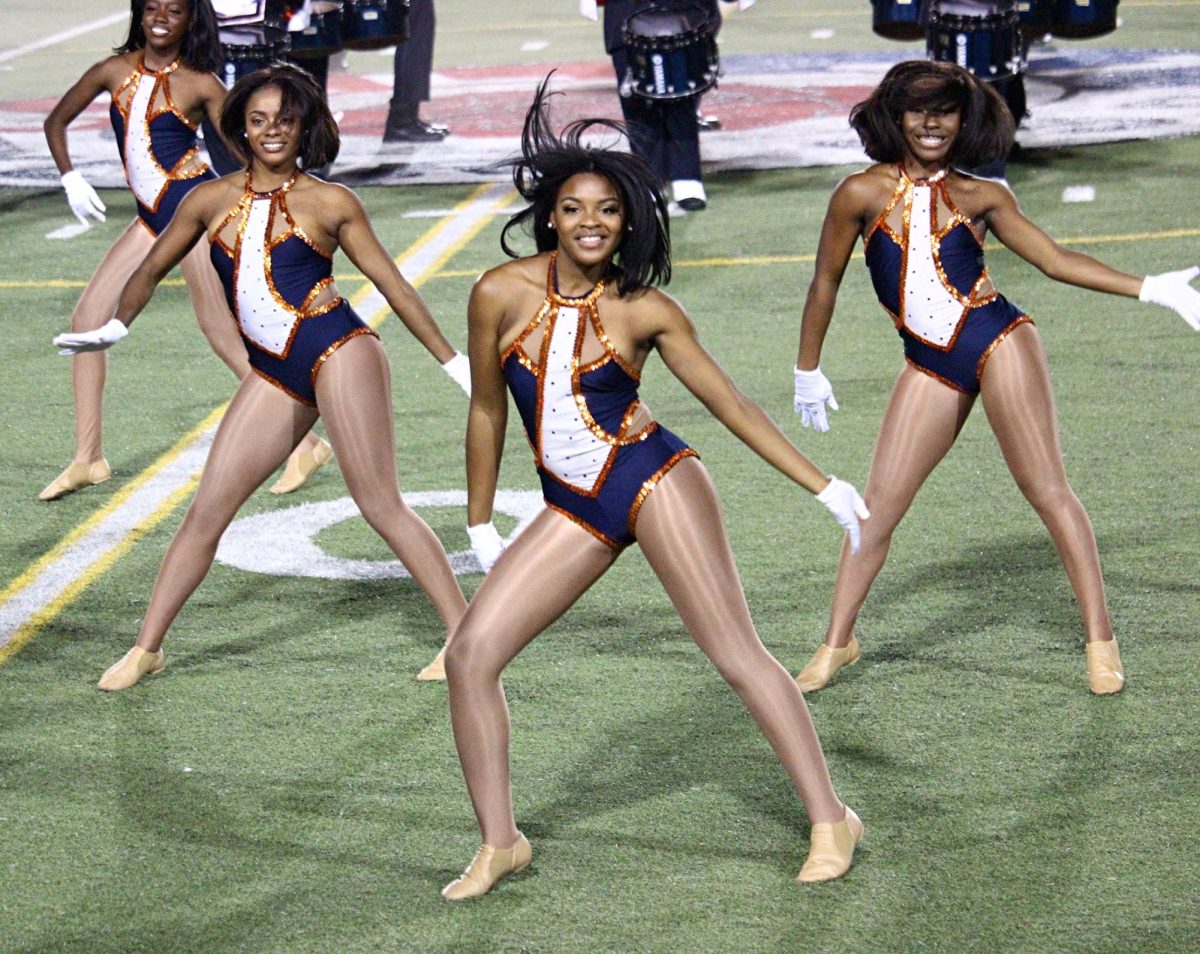Vernon Holman | Staff Writer
Science, Technology, Engineering, and Mathematics are fields notoriously dominated by men. Women within STEM fields often suffer discrimination and scrutiny (both directly and indirectly) by professors, researchers, and their peers. According to a study published by the Association of American Colleges and Universities “academically capable women are more likely to leave STEM majors compared to men with similar grades.” Women in STEM fields at N.C. State are no stranger to this type of discrimination.

Photo courtesy of NCSU Office of Undergraduate Admissions
“I do feel that being a woman, especially in the higher sciences, that I am not ‘taken as seriously’ as my male counterparts and colleagues,” said Dr. Danesha Seth-Carley, a professor in the department of Crop Science and Coordinator of Sustainability Programs in the College of Agriculture and Life Sciences. Seth-Carley recalled a faculty event at which she was approached by someone and asked, “…and whose wife are you?” Seth-Carley was offended by this statement saying, “Since this was a faculty event, and I was a younger female, [it was assumed that] I must have been a faculty spouse, rather than a member of the faculty.”
Morgan Davis, a sophomore in Biology, said that when partnered with two boys in her physics lab, “I’d have to force conversation so I would be involved.” Similarly Katavia Teachey, a sophomore in Computer Science said, “In a Computer Science class mainly of guys, when we would do class work the guys next to me would rather turn all the way around to ask someone before they ask me for help.”
According to Gabby Roseboro, a sophomore in Computer Science, “People usually reply with some microaggressions when I say I’m in Comp Sci [Computer Science] or they see me in class. They say things like ‘I didn’t know you were so smart’ or ‘Wow! You’re so pretty. You coda?’” For Roseboro, statements like these aren’t a compliment. “There are people expressing how confused they are because girls aren’t supposed to be smart, and if they are, they’re supposed to be unattractive.”
The trend connecting these women is that their colleagues and peers do not see them as such. If women do not get the encouragement, or at the very least equal treatment, by their male counterparts how will we ever see a proportional number of women and men in STEM majors and fields.
I do not think most men knowingly discriminate against females, however we judge others by their actions and not their intentions. With this in mind, you may want to ask yourself have you ever discriminated against anyone, not just a women, directly or indirectly. You could be a part of the problem rather than a part of the solution.






